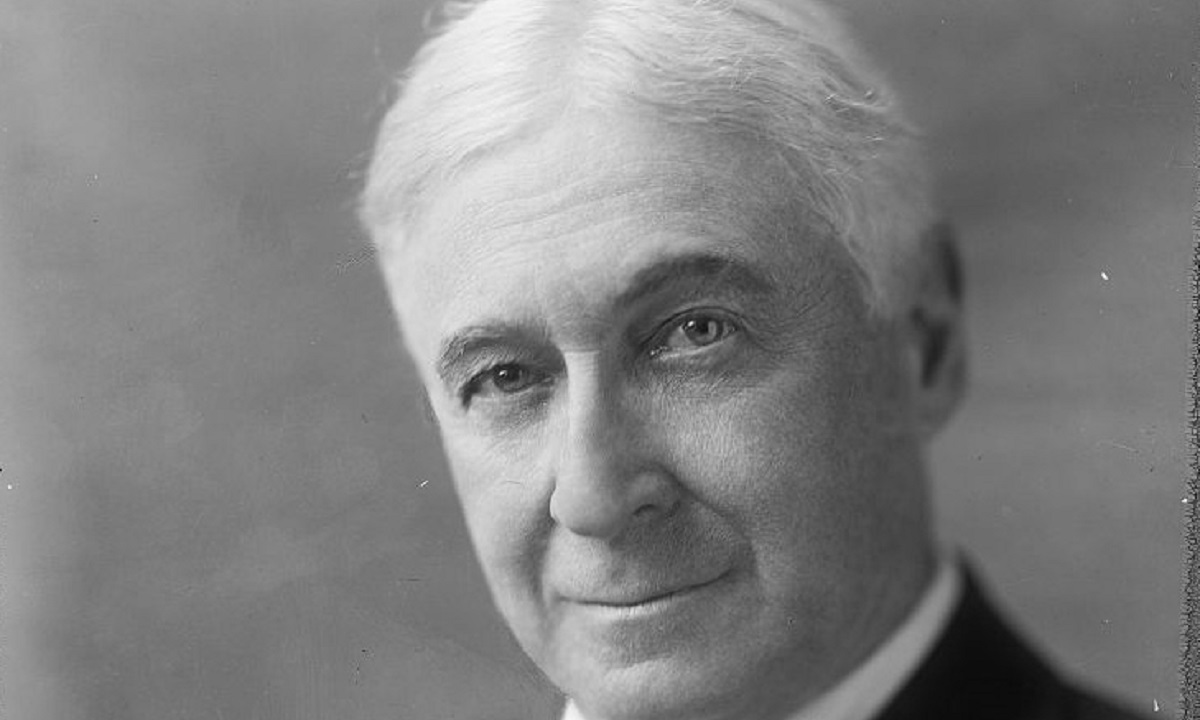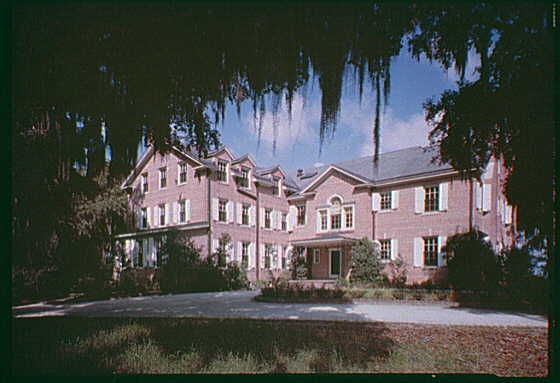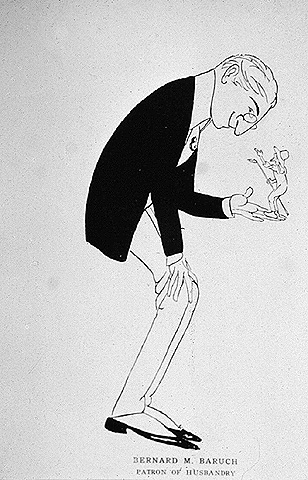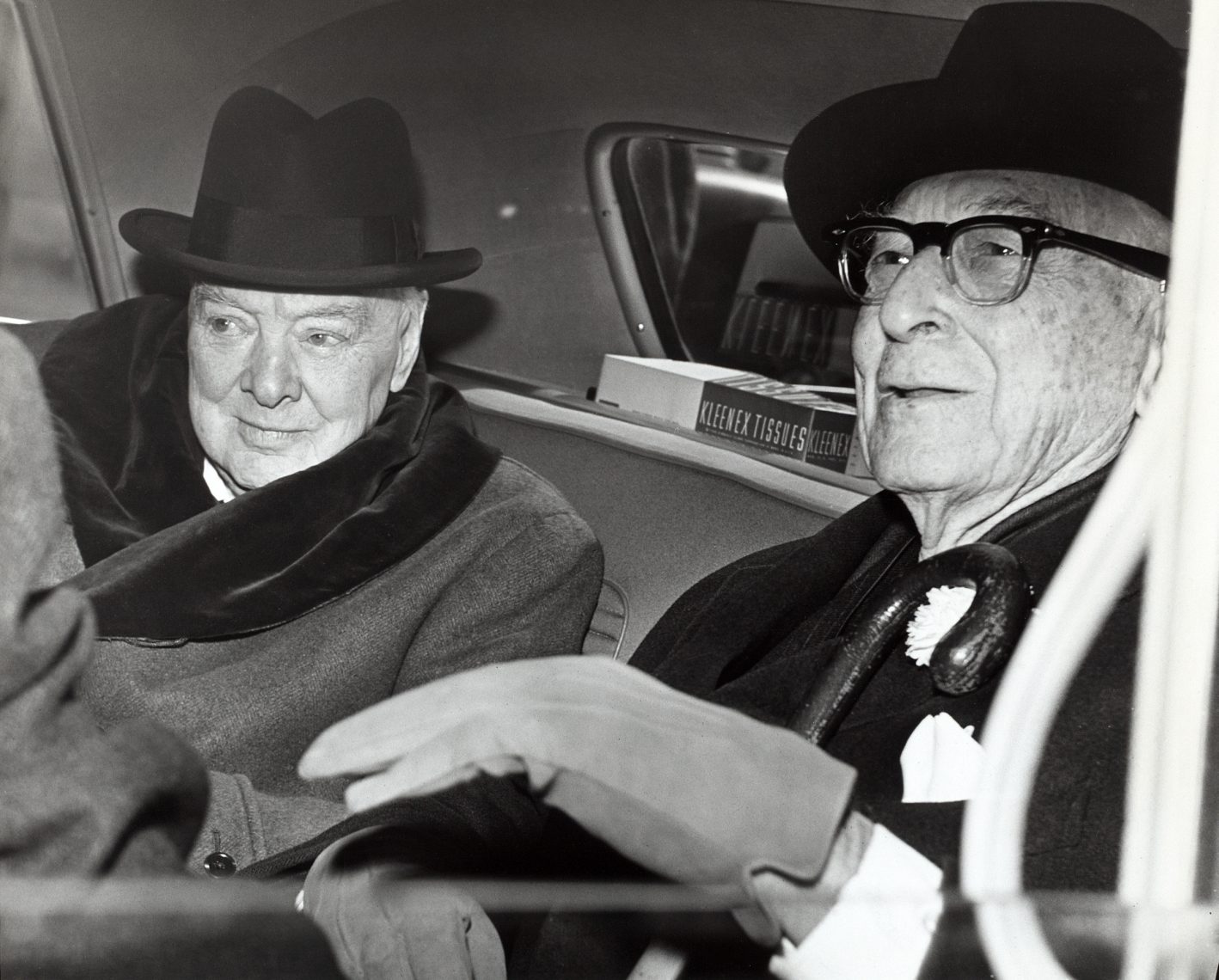Bernard Baruch said that you don’t need to be a genius to succeed in investments. That you need only need to control the urges that make people make mistakes. You need impulse control, restraint, and a level head. It’s no wonder that the man who said that coined the term “the Cold War.”
Bernard Baruch checked the box of every cliché in the vernacular of the land of limitless opportunity. The son of Jewish immigrants from Prussia was born into poverty and grew to be a resounding success as an adult. He made a million by the time he was 30, rubbed shoulders with international bigwigs, and was a member of a very exclusive club.
But Baruch was much more than just a realization of the American dream. He had that X factor. A combination of wisdom, magnetic presence, humility, and most of all, rare political smarts that made him an advisor to no less than seven American presidents!

Bernard Baruch’s family immigrated from Germany to the US in 1855, during a period known as American Jewry’s “German Age.” That wave of immigration, considered American Jewry’s first generation, gave rise to a wealthy nobility that included the family of Levi-Strauss and the Guggenheims.
The Baruch family settled in Camden, North Carolina. But a financial crisis that plagued the region in 1881 forced them to move to New York City.
Baruch’s parents hoped that he would follow his father Simon Baruch to a medical career. But his mathematic talent and ability to perform calculations with dizzying speed overturned that plan. It was clear to one and all that this gem’s calculation skills would be less helpful in assessing wounds and diagnosing disease than in analyzing stocks and making financial predictions. His typical Jewish mother Belle got him his first job in finance, when she persuaded wholesale merchant Julius Kohn to hire her son without salary. He later honed his financial skills in the Housman & Company investments firm, where he immediately became the most prominent broker. His name as a financial genius preceded him and money quickly flowed into his pockets.

When asked to divulge the secret to his success, Baruch said, “A speculator is a man who observes the future, and acts before it occurs.” To be self-reliant, he purchased a chair at the stock exchange for $19,000 and became an independent broker. His refusal to join a major financial house earned him the name of “the lone wolf of Wall Street.”
He made his first million by the time he turned 30 by purchasing shorted stocks and selling them moments before they fell. “After the first million, you don’t have a problem,” he quipped. “Money attracts money.” Baruch and his new bride Annie Griffin used this money attracted by money to buy the nearly 16-acre Hobcaw Barony estate in Georgetown, South Carolina. The couple devoted themselves over the years to philanthropic activities – the most important of which was the establishment of the Baruch College for paralytic disease research and nursing. While these are remarkable achievements, they are not unusual among many second-generation Jews in America. Bernard Baruch did not enter the pantheon of American history because of his ability to make something from nothing, but because of his game-changing political influence on the world’s greatest power.

Baruch took his first step in American politics as the financial advisor to President Woodrow Wilson in 1916. Thanks to his golden advice, Wilson appointed him to the War Industries Board during World War I, and in 1919, Baruch accompanied Wilson at the Paris Peace Conference. After that, the neck-tied Jewish Forrest Gump was present at every central event in 20th-century American history. And all of this was voluntary and without pay. After Wilson, he was appointed to advise President Harding, and then provided his services to Presidents Coolidge and Hoover. He had President Roosevelt’s ear during the 1930s Great Depression, and the two of them concocted the New Deal plan that extracted America from the mud.
During World War II, Roosevelt appointed Baruch special advisor to the Office of War Mobilization, and Baruch’s advice saved the allied forces an estimated two years in producing tanks and bombers – a move that surprised Hitler and gave the allied forces a significant edge. When the war ended, President Truman appointed Baruch to the United Nations Atomic Energy Commission, in which – as mentioned – he coined the phrase “the Cold War.” Baruch’s extraordinary influence extended to the 1960s, when President Kennedy frequently visited the family estate in Georgetown to consult with Baruch on political matters. Among the other VIPs who frequented the estate were former British Prime Minister Winston Churchill, a close friend of Baruch, American General George Marshall, and renowned publisher Ralph Pullitzer.

If whom you imagine at this point is a distant and inaccessible character, a high-brow millionaire who only shares breathing space with people who open doors, you are wrong.
Despite his fame and his picture’s frequent appearance in American newspapers, Baruch’s hobby was discussing current events with passers-by in Central Park.
A famous anecdote maintains that humility prevented him from being driven to the White House. Instead, the lauded Jewish policymaker preferred to sit on a bench in Lafayette Park near the President’s residence while waiting for a signal that the President was ready to meet with him. That bench was so identified with Baruch that it would eventually be called the “Politician’s Bench.” He once even received a letter addressed to “Bernard Baruch, the bench in Lafayette Park, Washington D.C.” On his 90th birthday on August 16, 1960, the Washington D.C. municipality posted a bronze plaque in Baruch’s honor next to the bench.
Those who visit are invited to imagine an elderly Bernard Baruch telling passers-by the story of his life. Indeed, Forrest Gump.